Romania fully complies with all the EU sanctions imposed on the Russian Federation, and has not imported crude oil from this country since December 5, 2022, having also cut petroleum product imports from Russia as of February 5, 2023, and neither will it resort to such imports in the future, Energy Minister Bogdan Gruia Ivan said in a reaction to a report by Reuters.
"Today, Reuters published a story containing erroneous information, claiming that Romania had increased by 57% the value of its energy imports from the Russian Federation. For this, we requested a right to reply and an update of the said agency's news item. Romania has not imported crude oil from the Russian Federation since December 5, 2022 and has no longer imported Russian petroleum products since February 5, 2023. Romania will not import petroleum products or crude oil from the Russian Federation in the future either, and fully complies with all the sanctions adopted at the level of the European Union," Ivan wrote on Facebook.
He stressed that any violation of European law will be promptly penalized.
"Breaching the sanctions regime set at European level is a crime punishable by up to five years in prison, and in serious cases, sentences of up to 12 years can be handed down," the minister said.
He added that Romania does not compromise when it comes to its obligations as a European Union member state and the protection of its energy security.
"If anyone has information about economic operators violating the sanctions regime approved by the EU, I demand that the competent authorities be notified. As Energy minister I will immediately refer to justice any case of law violation involving companies and individuals responsible for energy and hydrocarbon imports from the Russian Federation," the minister pointed out, according to Agerpres.
According to an analysis published by Reuters on Friday, European nations, Romania included, are among Ukraine's staunchest supporters in its fight against Russia, yet several European countries have stepped up their imports of Russian energy, which has pumped billions of euros into Moscow's wartime economy.
The bloc has reduced its reliance on Russia, once its dominant energy supplier, by roughly 90% since 2022. However, in the first eight months of this year, it imported more than 11 billion euros worth of Russian energy, shows a Reuters analysis based on data from the Centre for Research on Energy and Clean Air (CREA), an independent research organization based in Helsinki.
Seven of the EU's 27 member states increased the value of their imports from the previous year, including five countries that support Ukraine in the war. For example, France saw its purchases of Russian energy rise by 40 percent to 2.2 billion euros, while the Netherlands increased its purchases by 72 percent to 498 million euros, the analysis shows.
The EU, which has already banned most purchases of Russian crude and fuel, has announced plans to speed up a ban on Russian liquefied natural gas (LNG) to 2027, from 2028. LNG now represents the EU's largest import of Russian energy, accounting for almost half of the total value of purchases, the data shows.
Hungary and Slovakia - which maintain close ties with the Kremlin and reject any idea of renouncing Russian gas - remain major importers, accounting together for five billion euros of this total. They would not be affected by the EU's planned sanctions on LNG, which require unanimous support from member states, as they could continue to receive Russian pipeline gas until 2028.
Hungary was among the seven countries to see their value of Russian energy imports rise this year, by 11%, according to the cited data. France and the Netherlands are joined by four other countries whose governments support Ukraine in the war: Belgium, which saw a 3% increase, Croatia (55%), Romania (57%) and Portugal (167%), the analysis shows.

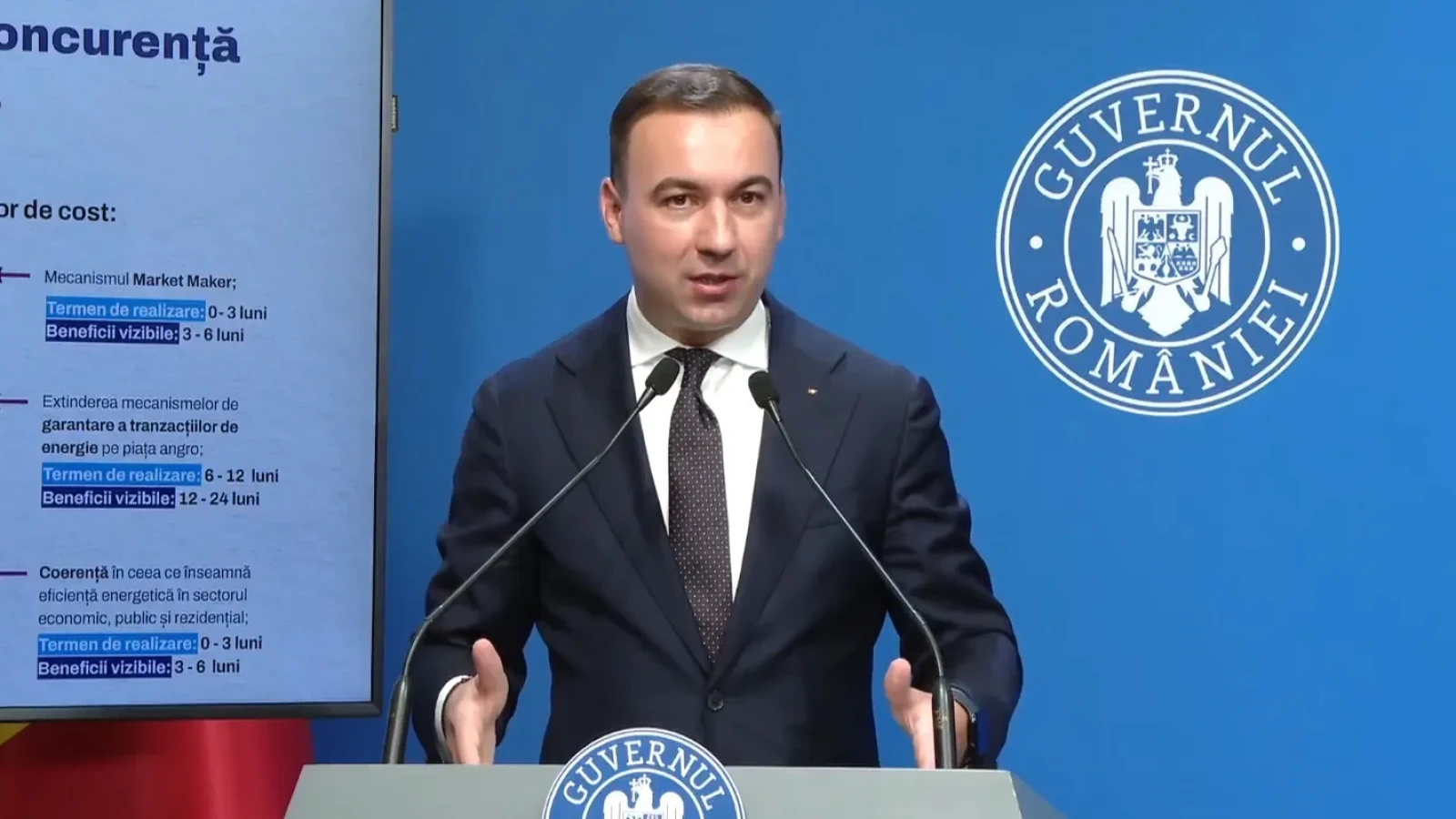




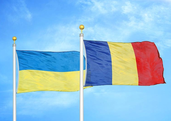



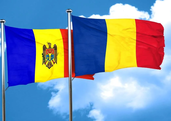

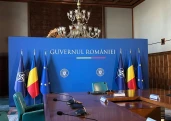
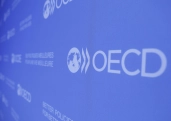

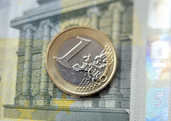
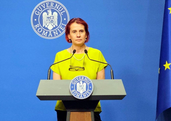



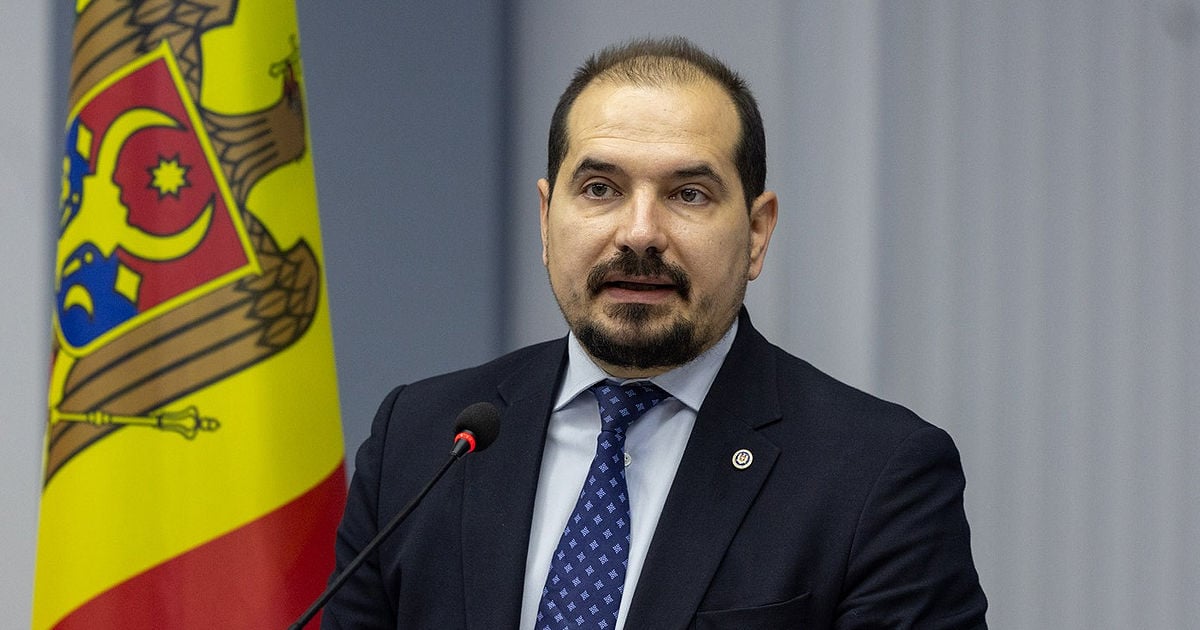
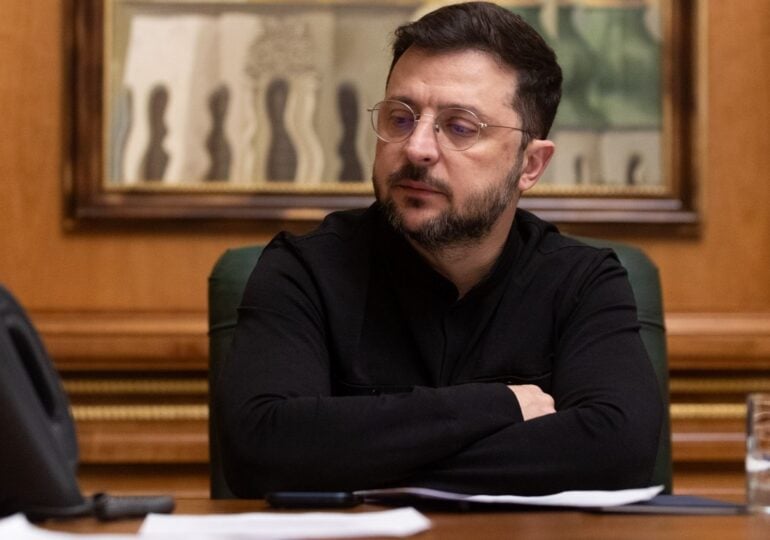

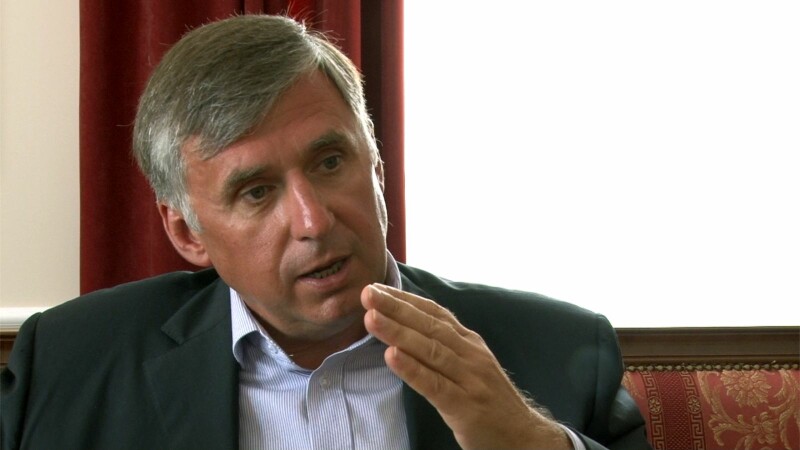








Comentează